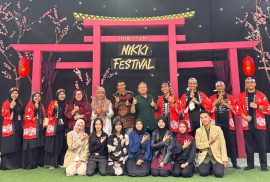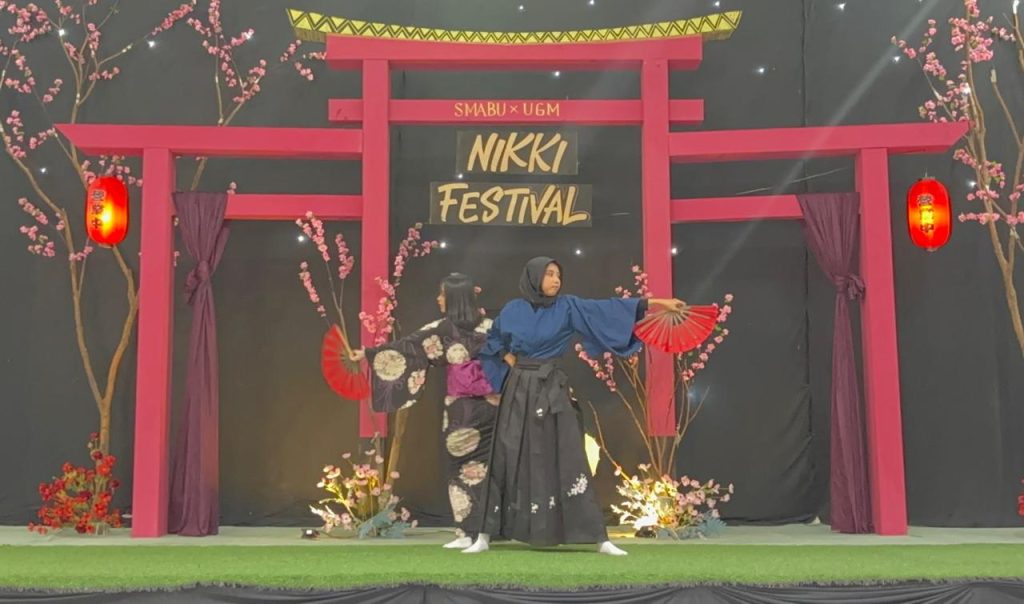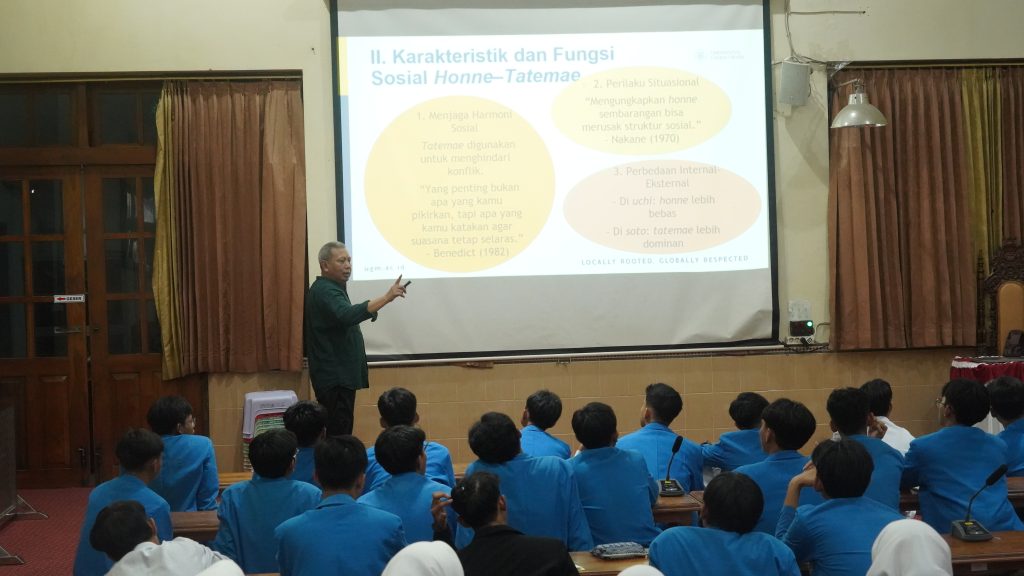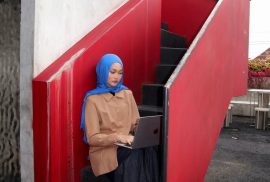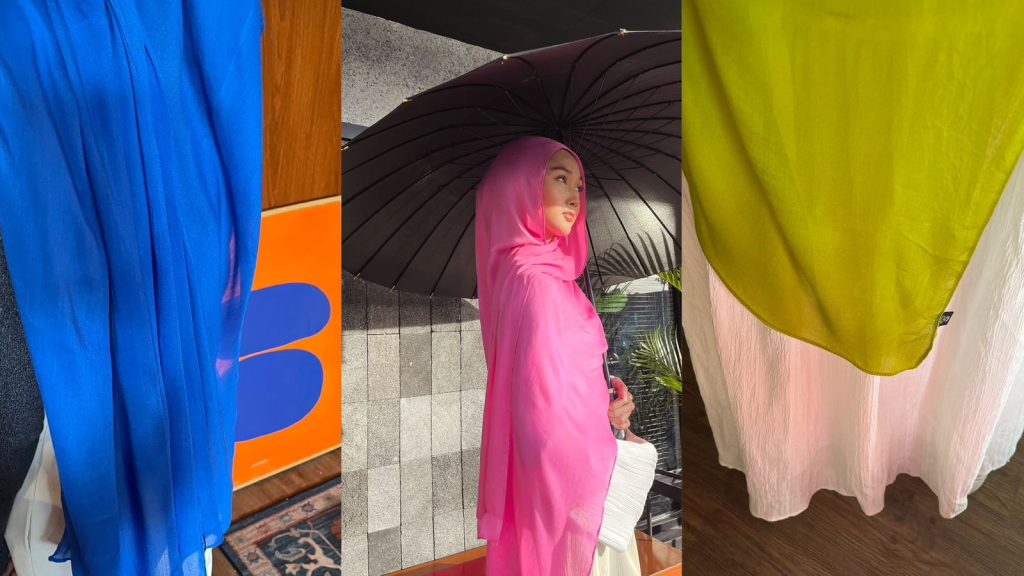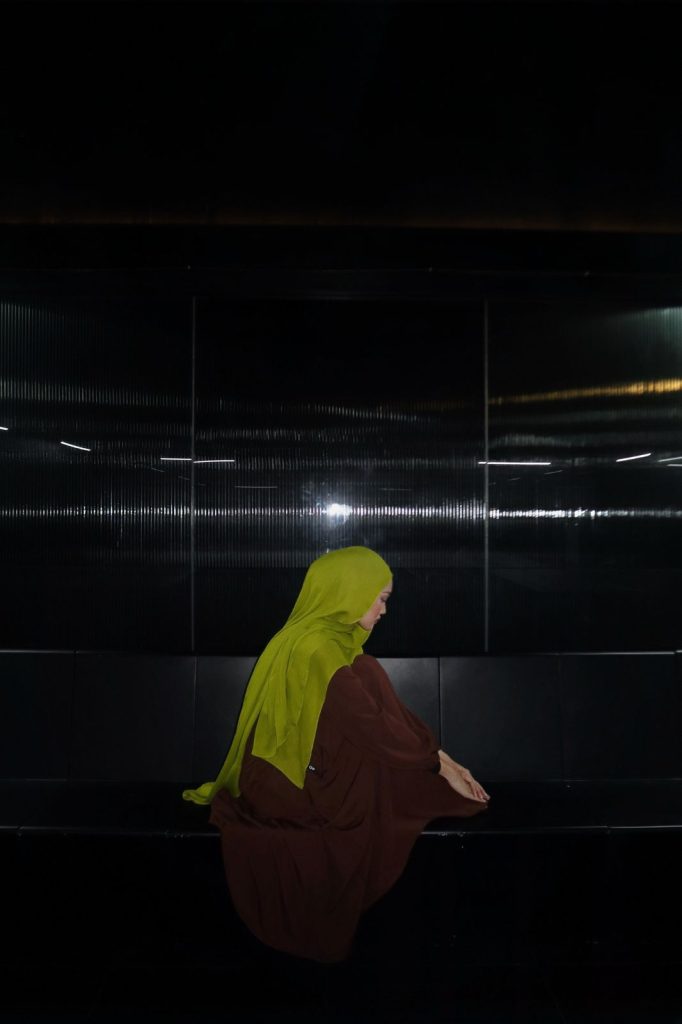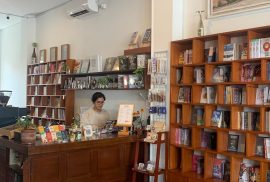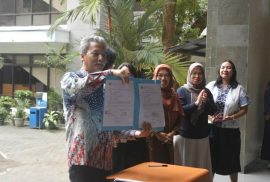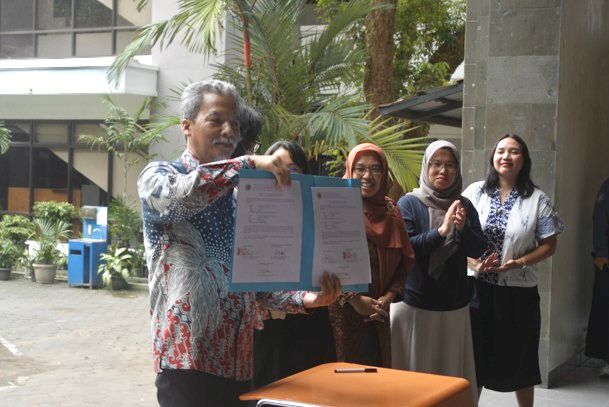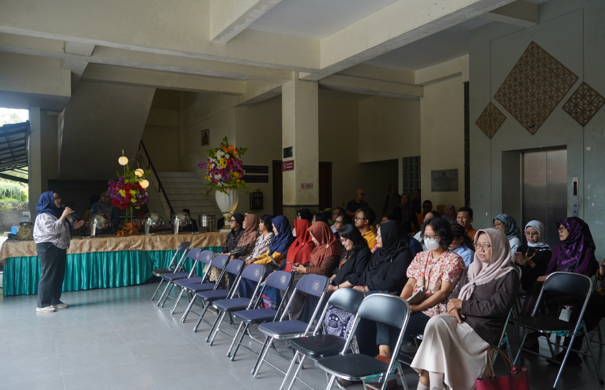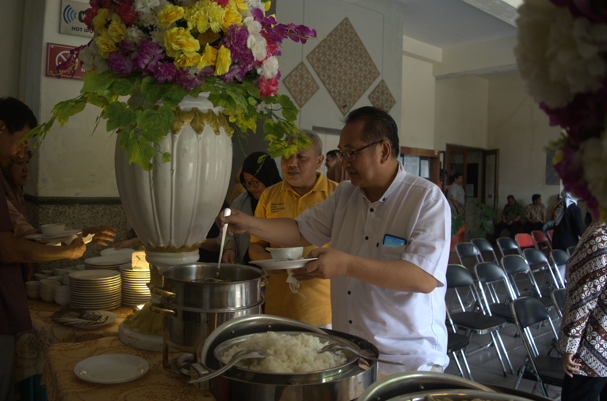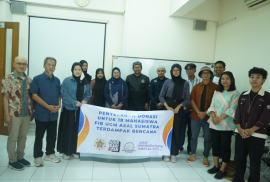The Japanese Language and Culture Study Program, Faculty of Cultural Sciences, Universitas Gadjah Mada, conducted an Educational and Community Engagement (PkM) activity on Tuesday, 7 January 2026, at SMA Budi Utomo Perak, Jombang Regency, East Java. This activity was carried out as a collaborative initiative with SMA Budi Utomo Perak as part of the school’s Japanese-themed event, Festival NIKKI: Nihon Chishiki (Japanese Knowledge). The festival was held under the theme “Exploring Insights: Japanese Philosophy and Global Career Opportunities” and aimed to introduce various aspects of Japanese culture while broadening students’ perspectives on academic pathways and career opportunities related to Japan. Through this program, lecturers and students from the Japanese Language and Culture Study Program participated as resource persons in a series of academic and educational activities.
The program was held over a full day and consisted of several interactive sessions. The team of lecturers delivered materials on key aspects of Japanese culture, including the concept of omotenashi as a form of wholehearted service, the notions of honne and tatemae in Japanese communication, an introduction to Japanese popular culture in everyday life, as well as an overview of employment opportunities and workplace culture in Japan. All materials were presented in an engaging manner and closely connected to contexts familiar to the students.
In addition to the lecturers’ presentations, students from the Japanese Language and Culture Study Program actively participated by visiting Japanese language classes. During these sessions, they shared firsthand experiences related to learning Japanese, university life, and student activities, providing participants with a direct glimpse into higher education. The series of activities concluded with Japanese performing arts presented by the student team, featuring both traditional and modern Japanese dances. The performances added to the festive atmosphere and were warmly received by the audience.
This collaborative program was successfully implemented and received positive responses from students, teachers, and the SMA Budi Utomo foundation. Participants’ enthusiasm was evident through their active involvement in discussions and question-and-answer sessions. Through this initiative, it is expected that students’ interest in Japanese language, culture, and Japan more broadly will continue to grow and serve as motivation for further study in the future. Similar collaborative activities are also envisioned to be conducted regularly on a broader scale.
Author: Barra Taura N.
Editor: Stedi Wardoyo

